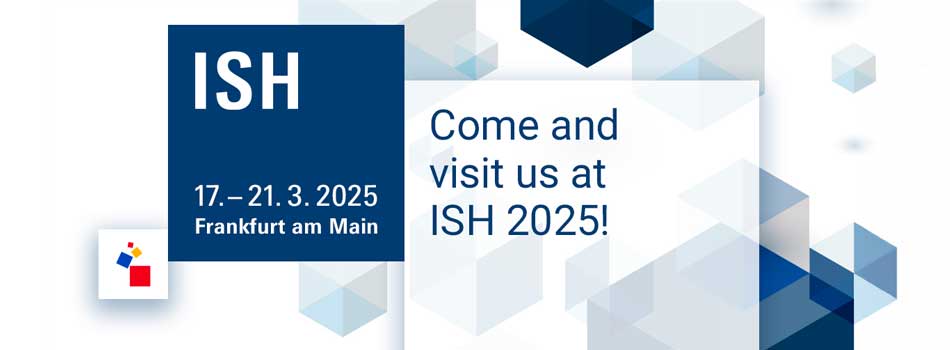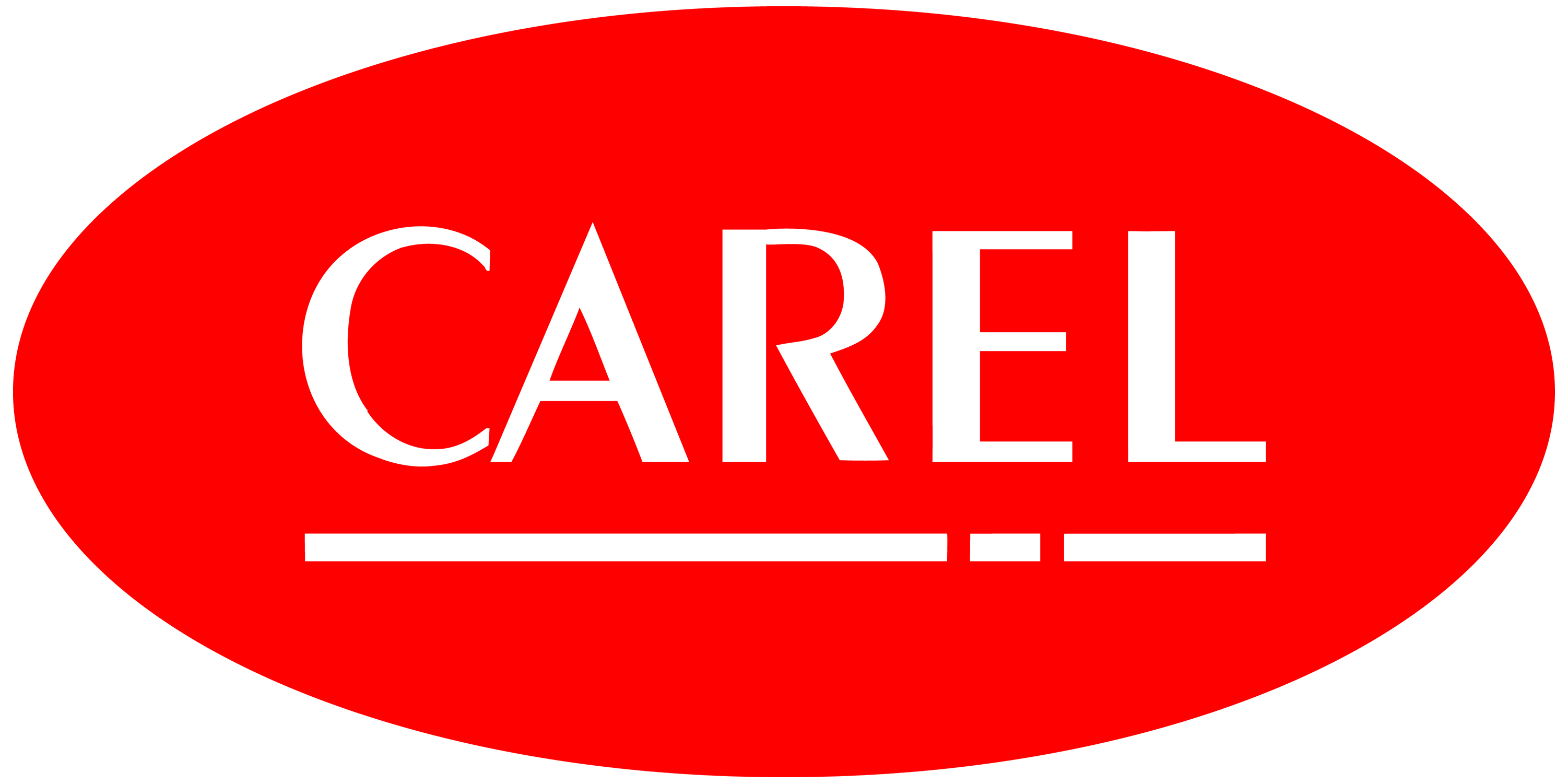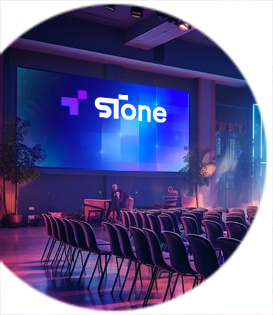Efficiency, digitalisation and energy intelligence: CAREL’s innovations at ISH 2025
Efficiency, digitalisation and energy intelligence: CAREL’s innovations at ISH 2025

From 17 to 21 March 2025, CAREL will be exhibiting at ISH 2025, stand A61, hall 8, with the aim of continuing to promote not only energy efficiency and reductions in emissions, but also smart building management and technological innovation, through the proposal of innovative, high-performance tools for a more sustainable future.
Heat pumps are a key element in reducing CO2 emissions in residential heating systems. CAREL offers an integrated system of advanced controllers, high-efficiency inverters, and electronic expansion valves to optimise energy consumption and performance. Moreover, dedicated simulation software is available to create virtual models of real thermodynamic units in a digital environment, helping to reduce development times and minimise errors and malfunctions.
To guarantee indoor air quality in buildings, CAREL offers energy recovery solutions for air handling units, with thermal wheels, inverter-driven compressors, and advanced sensors that measure temperature, humidity and CO2. Smart management systems in fact reduce operating costs while at the same time improving comfort and efficiency.
Smart energy management in buildings requires open, scalable platforms and a centralised approach. The offering presented by Kiona, a new Group company exhibiting for the first time at the CAREL stand, completes the proposals for managing services and energy in commercial and multi-residential buildings. Kiona’s software-as-a-service platform uses self-learning AI to streamline automation and reporting, through a partnership that reinforces the Group’s commitment to providing integrated solutions for optimal building control.
CAREL will also be presenting innovative new programming and simulation tools, based on digital twin technology, which revolutionise the way that HVAC/R applications are developed and tested. This approach opens up new perspectives for the optimisation and reliability of thermodynamic units, reducing costs and improving operational efficiency.
Finally, the new pYC mini controller introduces a higher level of specialisation for the sector, offering a compact yet high-performance solution that is ideal for HVAC applications where flexibility, efficiency, and integration with advanced systems are essential to meet market demands.




